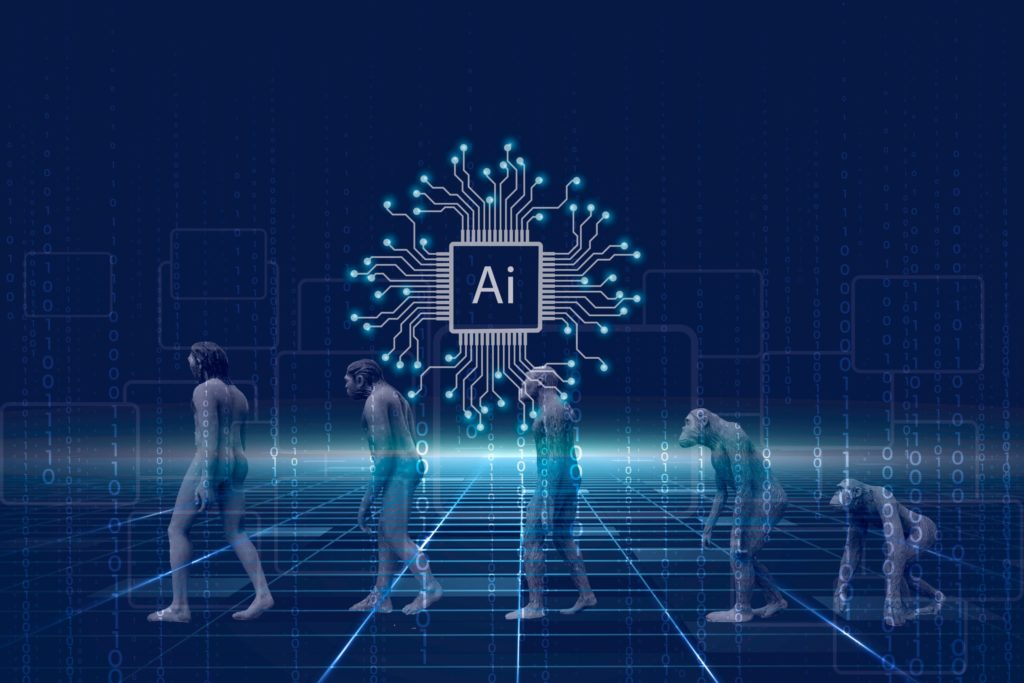By Patrick O’Neill, Founder and President, Redhand Advisors
The Evolution of AI
The early days of AI were marked by significant optimism, with computer scientists and enthusiasts envisioning machines that could reason, learn, and communicate like humans. However, this period also faced its share of challenges and skepticism where progress seemed to stagnate. Despite these hurdles, persistent research and development laid the foundation for the breakthroughs that would follow.
In the 1980s, the emergence of Machine Learning (ML) marked a pivotal shift in the AI landscape. Unlike approaches ML algorithms could learn from data recognize patterns and make decisions independently reducing the need for explicit programming, in every possible scenario.
The advancement significantly broadened the scope of AIs uses turning it into an asset for business applications especially in the fields of finance and insurance.
The Era of Deep Learning and Generative AI
Deep Learning (DL), a subset of ML, further accelerated AI\’s capabilities by enabling machines to process and recognize complex patterns within vast datasets. This breakthrough has facilitated advancements in natural language processing, image recognition, and self-driving vehicles, among others. The emergence of Generative AI represents the frontier in this journey enabling the generation of fresh and unique content spanning from art and music to complex written narratives.
Generative AI, exemplified by technologies such as DALL·E and ChatGPT, demonstrates AI\’s ability not only to understand and analyze data but also to innovate, pushing the boundaries of creativity. This evolution from analytical to creative AI applications showcases the technology\’s growing maturity and versatility.
The Disruptive Impact of AI on Insurance
The impact of AI on the insurance sector is particularly striking. By harnessing ML and DL, insurers can enhance underwriting accuracy, streamline claims processing, and improve fraud detection. These advancements enable more personalized customer experiences, efficient operations, and accurate risk assessments, fundamentally altering the industry\’s landscape.
ChatGPT\’s rapid adoption, amassing 100 million users within two months of its release, underscores the wide-ranging interest in leveraging AI for various professional applications. Its impact extends beyond operational efficiency, fostering innovation and redefining customer engagement across sectors.
Navigating Challenges and Strategizing for AI Integration
Despite its immense potential, integrating AI into organizational frameworks and workflows presents significant challenges. Issues such as data quality, algorithmic bias, privacy concerns, and the complexity of AI systems necessitate a thoughtful, strategic approach to adoption. Developing an AI strategy involves understanding AI technologies, identifying potential use cases, ensuring data integrity, and assembling the right talent and resources.
Moreover, as AI tools become more accessible, organizations must balance the benefits of simplicity and user-friendliness against the risks of misuse or unintended consequences. Ensuring transparency, enhancing data privacy, and mitigating bias are critical considerations in fostering trust and maximizing the positive impact of AI technologies.
Looking Ahead: The Future of AI
As we look to the future, the potential for AI to further transform industries and redefine the possibilities of human-machine collaboration is boundless. The ongoing exploration and experimentation with AI by companies signal a readiness to embrace this technology\’s next evolutionary phase. With continued innovation, AI will likely permeate new areas of our lives, offering solutions to complex problems and opening new avenues for creativity and progress.
As we find ourselves on the brink of technological progress advancements, it is crucial to embrace AI with both optimism and caution. While AI has the power to revolutionize efficiency and innovation across sectors it also requires careful reflection on ethical dilemmas and societal consequences.
Organizations must establish robust frameworks that ensure the responsible development and deployment of AI technologies. This involves not only addressing issues of data privacy, bias, and transparency but also fostering a culture of continuous learning and adaptation to keep pace with the rapid evolution of AI.
Furthermore, the integration of AI should be seen not as a replacement for human intelligence but as a complement to it. By leveraging AI to handle routine tasks, we can focus on more complex, creative, and strategic activities, thus driving greater innovation and value creation.
The future landscape of AI presents opportunities, alongside significant hurdles. By adopting an approach that emphasizes ethics and intelligent strategies we can unlock the full potential of AI.
Schedule an inquiry call with Redhand Advisors to learn more.
